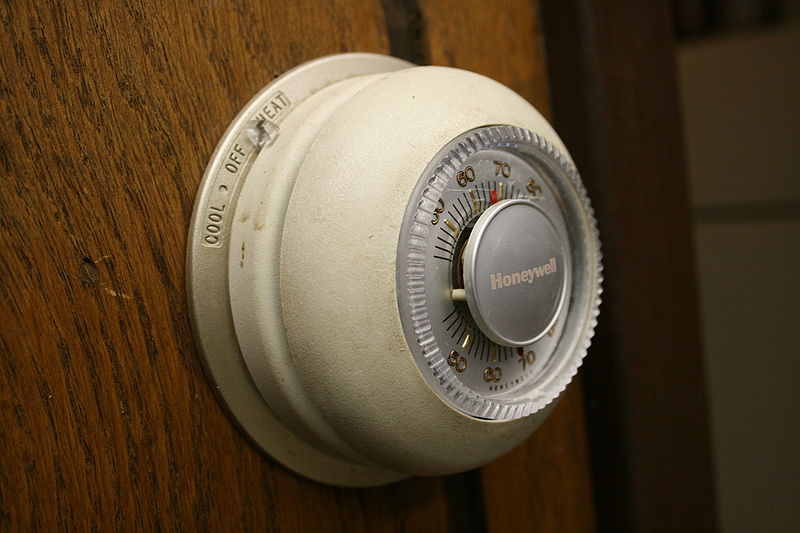Oil Systems
We much prefer gas than oil heating systems but we do service them if you are without heat. We encourage all of our customers who have an oil system to seriously look into getting a more economical, cost effective, and environmentally friendly natural gas system or other type of heating system. If you do have an oil boiler read through the high efficiency section as well as the heating section. Oil is no longer an economical fuel compared with the high efficiency gas boilers and is increasingly disappearing in Boston. If you have an oil system give us a call.






